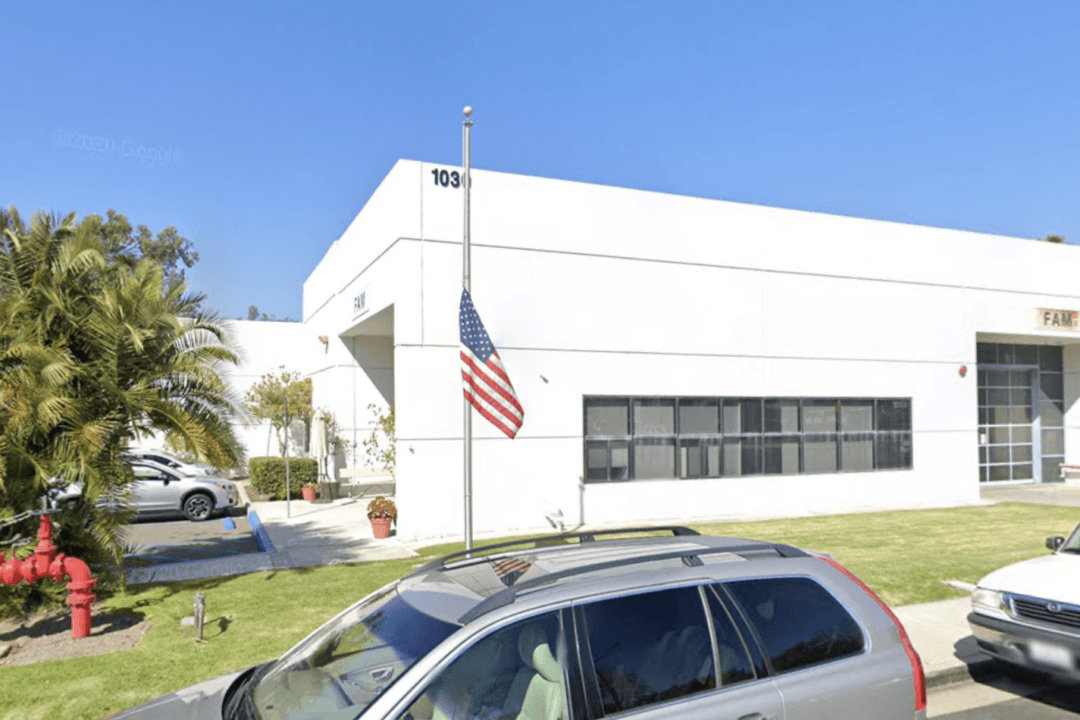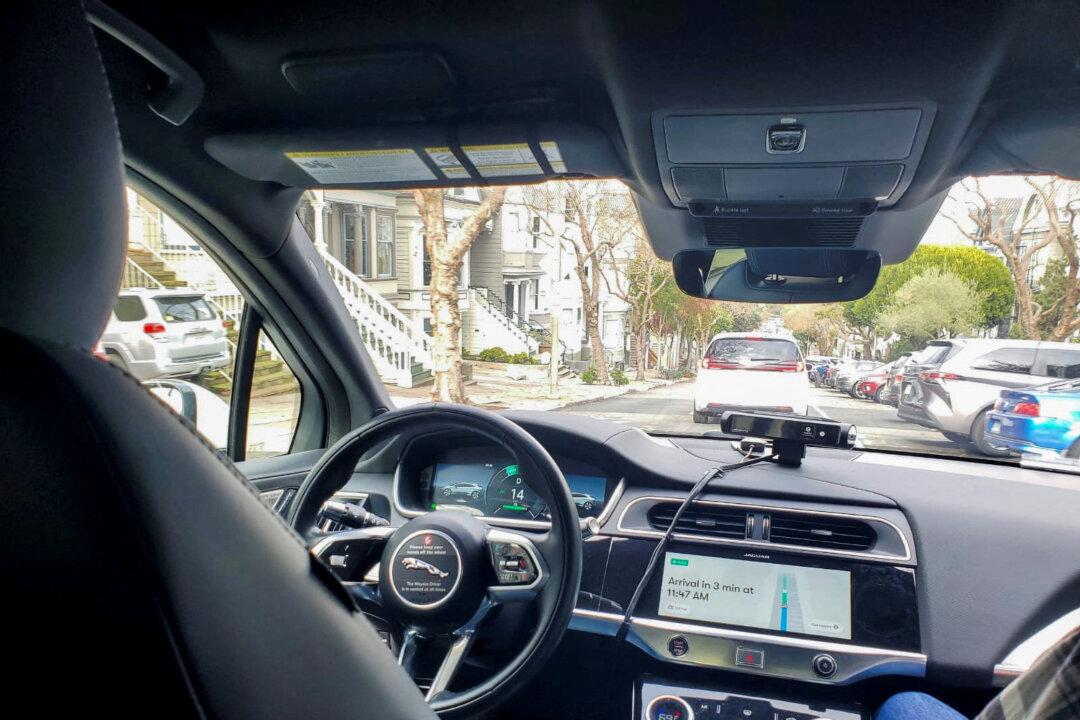San Clemente City Council July 19 narrowly approved extending a homeless nonprofit’s lease on a city-owned property after the group said eviction would be catastrophic.
After meeting for nearly six hours, the council voted 3–2 to allow Family Assistance Ministries (FAM) to remain at 1030 Calle Negocio through spring 2024. The faith-based charity provides aid to people who are homeless, on the brink of becoming homeless, and to families that are struggling financially. Mayor Gene James and Councilmember Kathy Ward voted against the extension.




